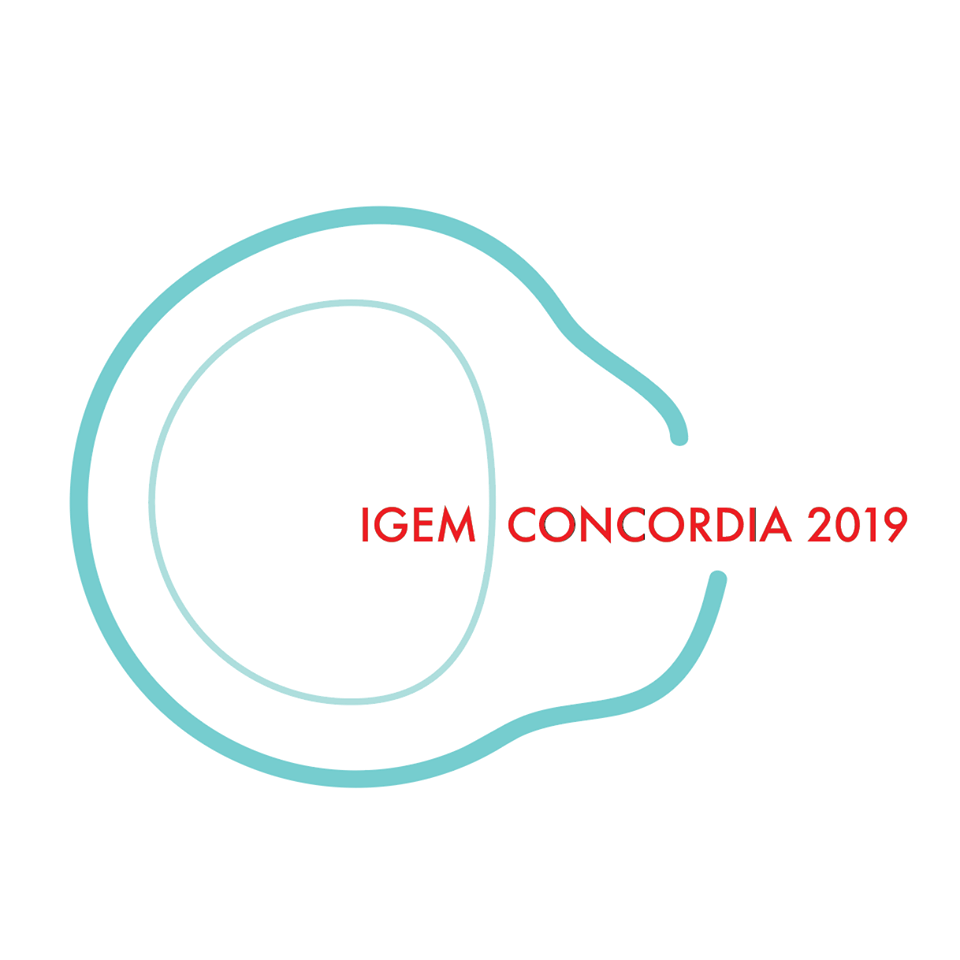
Veggie burgers, algae shrimp, vegan cheeses, synthetic flavors, and animal-free egg whites are making their way into our restaurants and supermarket shelves. What consumers may not realize, however, is that many of these foods are made using synthetic biology, an emerging science that applies principles of genetic engineering to redesign organisms for useful purposes.
Synbio holds a promise for a sustainable future for the food industry by using fewer natural food resources, improving crop yields, and ensuring the availability of basic nutrition at a global scale. Synbio food products are also key to a sustainable future for the space industry: NASA is designing a yeast strain that can manufacture crucial nutrients in space, like beta-carotene (a precursor to vitamin A), to ensure the health of astronauts during long-duration missions.
An increasing number of food suppliers are teaming up with microbes for smarter food production. Yet, public perception has been changing at a slower pace. This stems from a lack of accessible information leaving unanswered questions about the safety and environmental, economic, and social sustainability of these products. In collaboration with 4th space and iGEM université de Laval, iGEM Concordia is hosting an online two-day event where academic researchers, industry experts, and community representatives explore answers to these questions.
iGEM (international Genetically Engineered Machines) Concordia is a synthetic biology team and club of undergraduates with graduate mentors growing every year. Synthetic biology uses engineering principles to solve world-wide issues. iGEM Concordia tackles pressing local and international problems through synthetic biology while integrating community involvement and public engagement within Concordia and beyond.
Through programming at 4th Space Concordia, iGEM created an accessible space in which the public, student, and scientific communities can come together in dialogue related to synthetic biology. With a month-long interactive space supplemented by workshops and talks, they educated, elaborated, and exchanged on how synthetic biology is a necessary and vital tool for the future.
They highlighted the importance of ethics, human practices, and public engagement in science. Seminars with professionals in the industry will address broader issues such as biosafety, policy and ethics. The goal is to involve as many as possible to make synthetic biology accessible and a field strengthened by diverse inputs and communities so as to help a larger public with the solutions we design.
iGEM designed a biological system that mimics the concept of the popular TV show Robot Wars, by incorporating their spin for the synthetic biology community. Essentially, the experiment involved equipping cells with nanoparticles and engaging them into a battle. The outline of the project was as follows: synthesize nanoparticles using a plant-based method for an eco-friendly approach and attach such nanoparticles to the outer-surface of the cell membranes. Once equipped with armour, the cells flowed through an obstacle course leading to a battledome, followed by an analysis of their survival.
iGEM’s project titled “Clean Green Lipid Machine involves” the genetic engineering of microalgae. Their goal was to develop genetic engineering tools for various Chlorella & Chlamydomonas species to turn them into a chassis for future iGEM teams. This will provide an organism capable of synthesizing a variety of useful molecules, such as lipids, which can be used as biofuels. The project culminated in a competition against 245 universities from all over the world at the 10th Annual iGEM Competition, hosted by MIT in Boston, MA. in October 2014.
